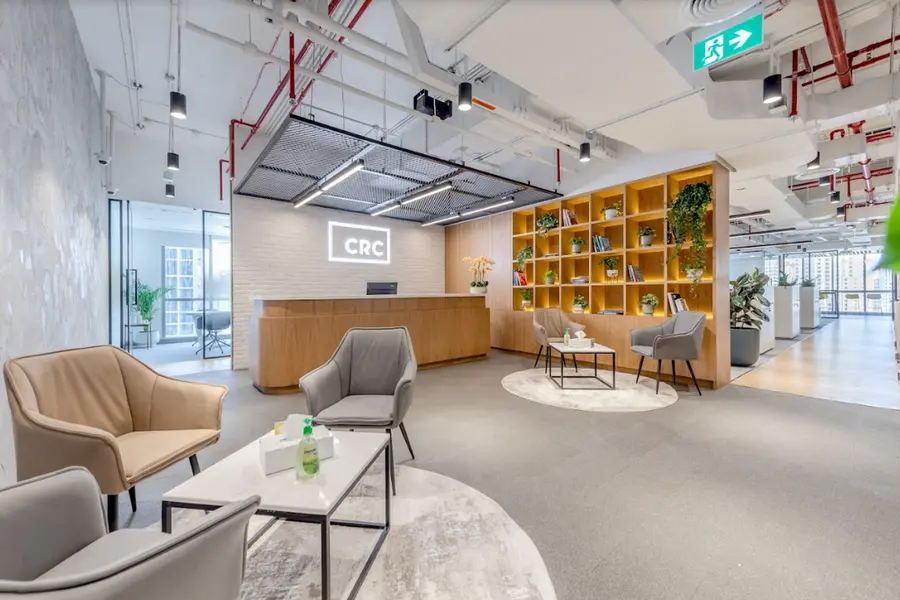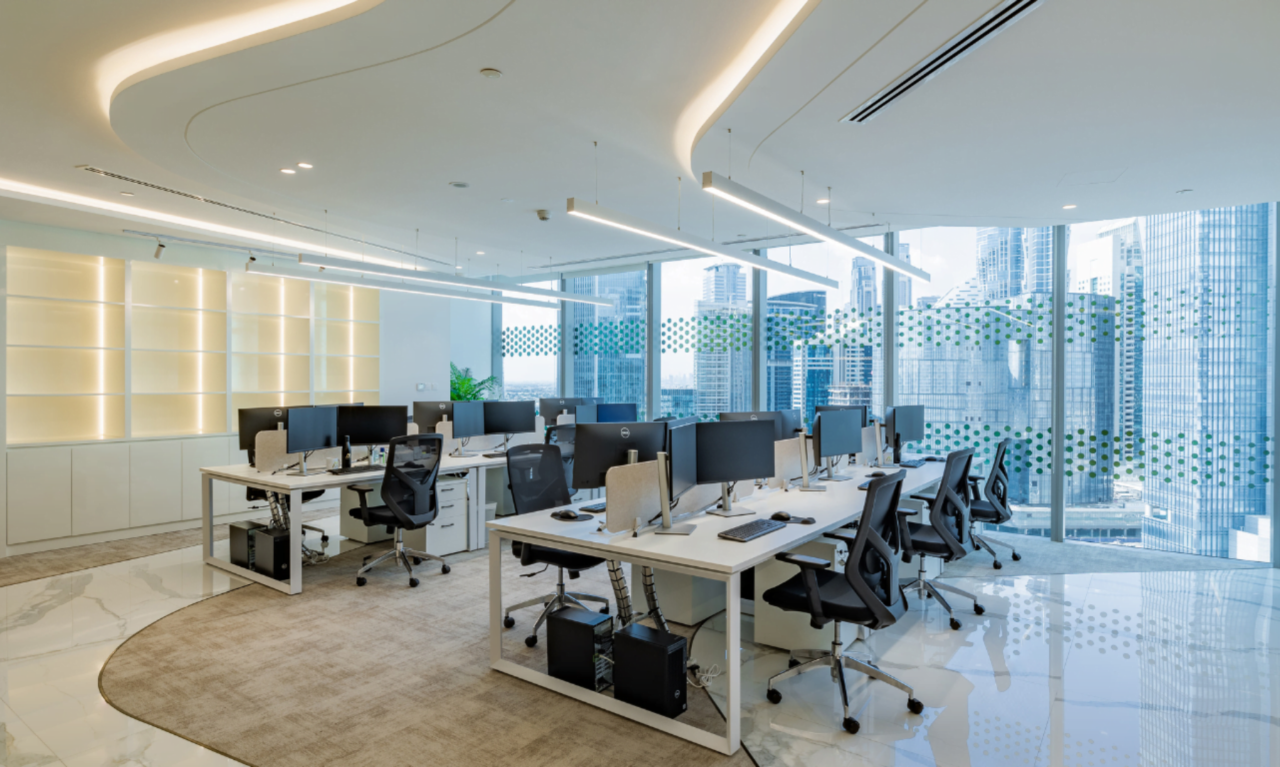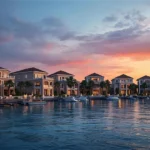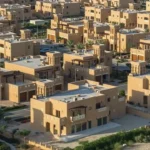Now Reading: Dubai Office Real Estate: How Global Firms Are Reshaping Demand
-
01
Dubai Office Real Estate: How Global Firms Are Reshaping Demand
Dubai Office Real Estate: How Global Firms Are Reshaping Demand

Dubai has long been a global hub for trade, finance, and innovation. Its strategic location, business-friendly environment, and world-class infrastructure have made it a magnet for multinational corporations. But in recent years, the influence of global companies on Dubai office real estate has become more profound than ever.
With evolving workplace models, rising sustainability expectations, and the demand for prime business districts, these international firms are not just occupying space they’re reshaping the very DNA of Dubai’s commercial property market.
Dubai’s Position as a Global Business Hub
Several factors explain why multinational companies choose Dubai as their Middle East base:
- Strategic Location: Dubai connects East and West, making it ideal for regional headquarters.
- Ease of Doing Business: Business-friendly regulations, tax advantages, and free zones attract global firms.
- Talent Magnet: Dubai draws top professionals from across the world.
- Infrastructure Excellence: From airports to digital connectivity, the city offers world-class facilities.
These strengths continue to pull in major corporations from industries like finance, technology, logistics, and energy.
The Shift in Office Space Demand
Global companies are not just increasing office demand—they’re changing what office spaces look like and how they function.
1. Rise of Premium Office Locations
Areas like DIFC (Dubai International Financial Centre), Downtown Dubai, and Business Bay remain top choices. These districts offer prestige, connectivity, and proximity to like-minded businesses. Demand for Grade A offices in these hubs has surged, with vacancy rates falling as global firms expand.
2. Growth of Flexible Workspaces
Multinationals are driving demand for co-working and serviced office solutions. Companies want the flexibility to scale up or down without being locked into long-term leases. Providers like WeWork, Servcorp, and local operators are flourishing due to this shift.
3. Sustainability as a Priority
International corporations often have strict ESG (Environmental, Social, and Governance) mandates. This has fueled demand for green-certified office buildings with energy-efficient systems, sustainable design, and wellness-focused layouts. Developers in Dubai are increasingly targeting LEED and WELL certifications to attract these tenants.
4. Technology-Driven Workplaces
Smart office features, from AI-driven building management to high-speed digital infrastructure, are now must-haves. Global firms want workplaces that enhance productivity, collaboration, and hybrid work models.
Impact on Dubai Office Real Estate Market
The arrival and expansion of global companies have led to:
- Rising Rents in Prime Locations: Demand for Grade A office space in DIFC and Downtown is pushing rental values upward.
- Increased Foreign Investment: Institutional investors are showing greater interest in Dubai’s commercial real estate market.
- Shift Toward Build-to-Suit Projects: Developers are customizing projects to meet specific multinational requirements.
- Boost to Free Zones: Specialized free zones like Dubai Internet City and Dubai Media City are thriving with global tech and media firms.
Case Studies: Global Companies in Dubai
- Financial Giants: Global banks like HSBC, Citibank, and Goldman Sachs have expanded their offices in DIFC to serve the region.
- Tech Leaders: Companies like Microsoft, Google, and Amazon Web Services are not only leasing space but also investing in innovation centers.
- Consulting Firms: Big Four firms—Deloitte, PwC, KPMG, and EY have established large offices, contributing to rising demand in premium towers.
These companies influence not just office demand but also surrounding residential and retail markets, creating ripple effects across the city.
Opportunities for Investors and Developers
The evolving demand creates several opportunities:
- Investors can benefit from strong yields in Grade A office buildings.
- Developers can differentiate projects with sustainable, smart, and flexible designs.
- Landlords can attract global tenants by offering adaptable lease terms and premium amenities.
Challenges to Consider
Despite the strong demand, some challenges exist:
- Competition: With multiple new office towers coming online, differentiation is critical.
- Economic Fluctuations: Global market conditions can impact expansion plans of multinationals.
- Hybrid Work Uncertainty: While demand is strong, the balance between physical and remote work remains fluid.
The Future of Dubai Office Real Estate

The role of global companies in reshaping Dubai office real estate is only expected to grow. Upcoming mega-projects, such as Dubai Creek Harbour’s business districts and new Grade A towers in DIFC, will further align with multinational needs.
In the coming years, we can expect:
- Greater emphasis on sustainable and wellness-focused workplaces.
- Increased adoption of AI and smart technologies in office management.
- Expansion of flexible office solutions to complement traditional leases.
Conclusion
Dubai has successfully positioned itself as a global magnet for international companies, and their influence on Dubai office real estate is undeniable. By demanding prime, flexible, and sustainable office spaces, these firms are reshaping the city’s commercial landscape.
For investors, developers, and landlords, aligning with these trends is key to long-term success. For Dubai, it marks another step in cementing its role as a global business capital where innovation and opportunity meet.
Follow us on: Instagram
Read More:Revitalizing Old Souqs: Real Estate Meets Heritage in Dubai & Sharjah






















